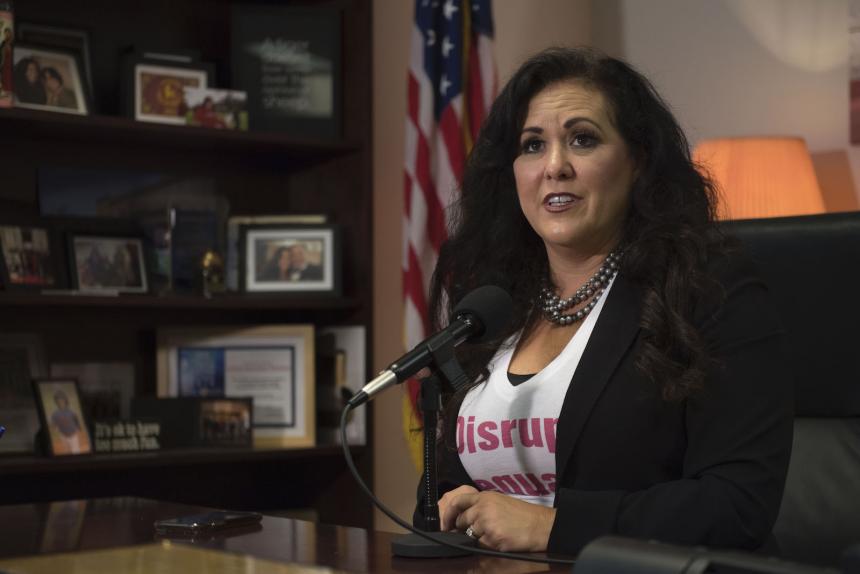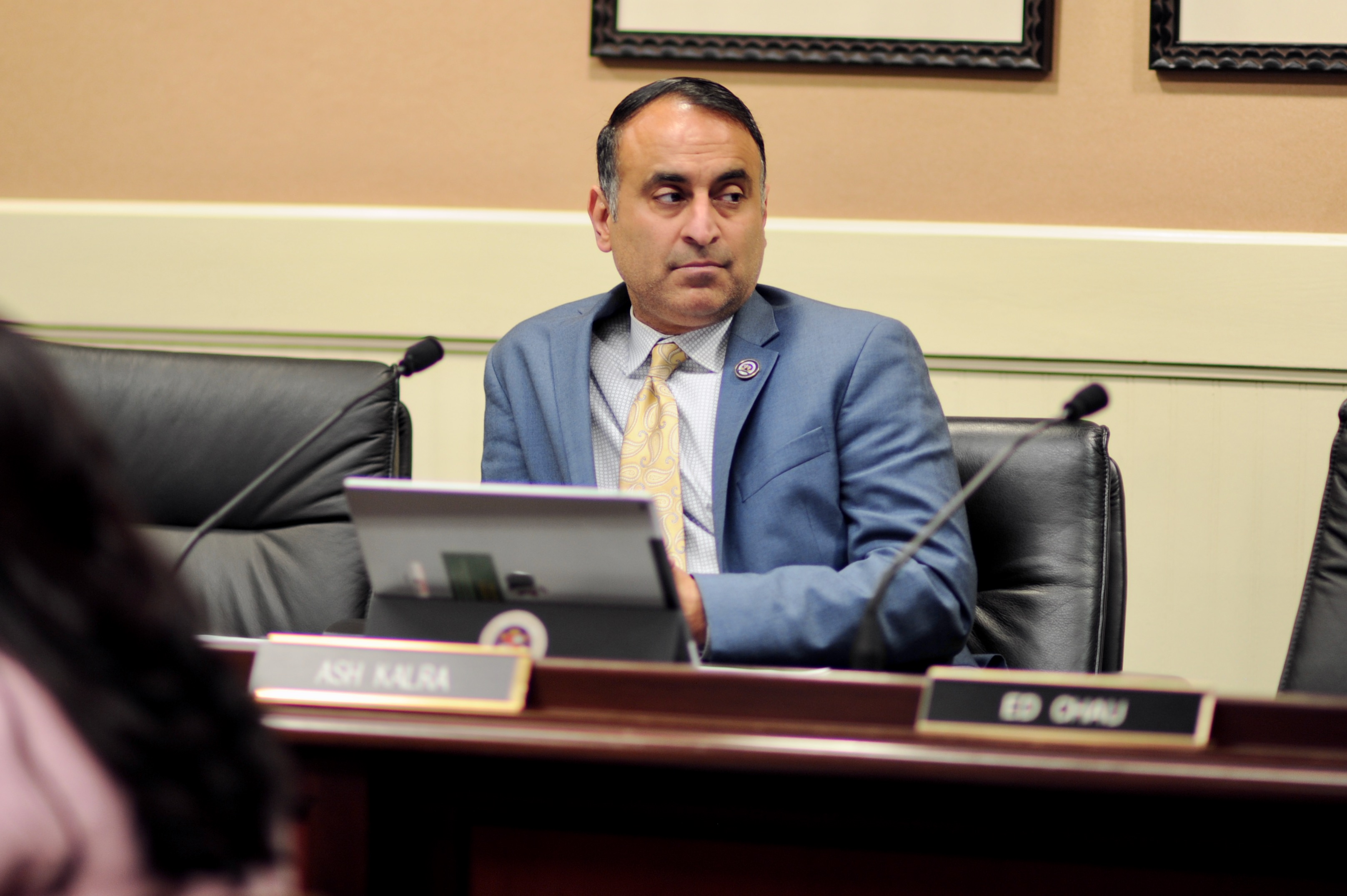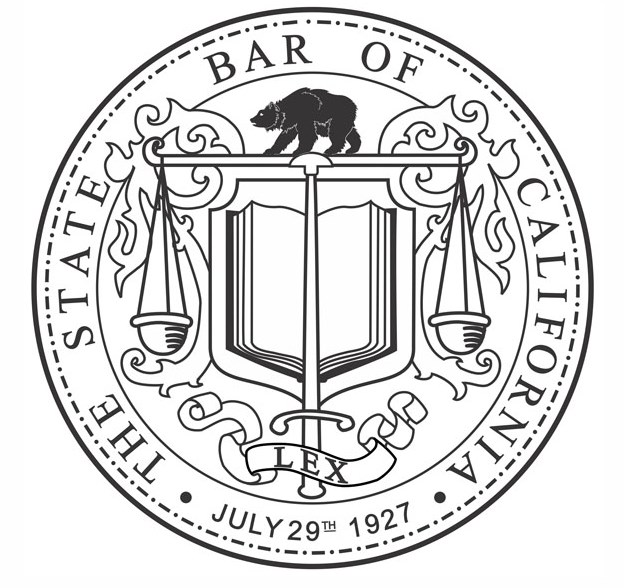
Assemblywoman Lorena Gonzalez at the Governor's signing of AB 5. (Photo: Official website Assemblywoman Lorena Gonzalez)
Formation of a Federation of California Worker Cooperatives under AB 1319
Legislation will ‘promote equitable economic development, reduce inequality, and increase access to living-wage jobs’
By Chris Micheli, April 1, 2021 11:30 am
On March 25, Assemblywoman Lorena Gonzalez amended her Assembly Bill 1319 to create The Cooperative Economy Act. The bill would add Division 6 (commencing with Section 10000) to the Labor Code. Division 6 would be titled “The Cooperative Economy Act” and contain four chapters.
Chapter One would provide general provisions and a legislative finding and declaration that the formation of a Federation of California Worker Cooperatives will promote equitable economic development, reduce inequality, and increase access to living-wage jobs. In addition, there would be a finding and declaration that this legislation has no effect on existing worker cooperatives that do not elect to become members of the federation.
Chapter Two would provide definitions for the following terms: “employ,” “federation,” “member,” “total federation workforce,” “worker,” “worker owner,” and “worker voice expert.” Chapter Three would provide several sections of law, including organization and membership of the Federation of California Worker Cooperatives. The Labor Commissioner would be required to organize and then help maintain a nonprofit corporation operating under the name of “Federation of California Worker Cooperatives” (FCWC).
The FCWC would function as a membership organization for worker cooperatives. It would be a non-public entity and not constitute an employer. The Governor would choose the first board of directors and then there would not be any involvement in the FCWC by any governmental entity. Membership in the FCWC would be restricted to legal entities that comply with all of the following requirements:
- Have uniform hiring and ownership eligibility criteria and for whom a majority of the work is performed by worker-owners.
- At least 51 percent of the workers are worker-owners.
- A majority of the voting ownership interest is held by worker-owners.
- A majority of voting power is held by worker-owners.
- Worker-owners exercise their vote on a one-person, one-vote basis.
- The majority of earnings is distributed or allocated based on the quantity or value of work performed rather than ownership interest.
Each member of the FCWC would have to maintain the requirements specified above as a condition of continued membership in the FCWC. The FCWC’s board of directors may set forth additional rights and responsibilities for its members in its bylaws. Members would be allocated voting power proportionate to their worker-owners’ share of the total FCWC workforce, provided that no member would be allowed to have greater than 30 percent of the voting power. There are rules for enforcing this 30% threshold.
The initial board of directors would be comprised of three directors, one of whom is a worker or worker-owner. The Governor would appoint all board members. The initial board would set forth rules in the bylaws and would provide, at a minimum:
- That there is an odd number of voting directors.
- That following the term of the initial board of directors, no voting directors can be appointed by the Governor, the Legislature, or other governmental entities.
- That, except as provided, nonmembers and nondirectors would not have voting power with respect to election of directors, amendment of the bylaws, amendment of the articles of incorporation, or any other decision of the members or board of directors.
- Directors would be elected by member weighted votes.
The FCWC would be charged with setting the labor policy of the members including policies for hiring, firing, promotion, discipline, compensation, and assignment of work. The FCWC would provide all management to the members. A member is prohibited from directly employing its own managers. Any manager must be an employee of the FCWC.
In addition, management provided by the FCWC must be responsible for executing the labor policy set by the FCWC. Members are authorized to implement labor policy under the direction of management. The FCWC would be deemed the employer under federal law, regardless of whether a member is so deemed. Under state law, workers are employees of both the FCWC and the applicable member.
The FCWC and a member would be entitled to the same tax exemption as state-chartered credit unions. Finally, the provisions of this Act are severable and any declared invalid provision would not affect other provisions or applications that can be given effect without the invalid provision or application.
- Proration of Estate Taxes - February 28, 2026
- Corporations Commissioner Powers - February 27, 2026
- Death Deeds in California - February 27, 2026





I have an idea, Lorena “AB5 The Job Killer.” How about you work to repeal AB5 (The Job Killer) instead of forming another unnecessary unionized group of workers that give you and your cronies more power? Or am I missing something? Really, it’s astounding what this woman does.
If Lorena “see you next Tuesday” Gonzalez wants to represent the unions then she should go do so, if she is going to represent the people she needs to quit shoving this union shit on them, unless of course they are seeking it. Is the union paying her for this work she’s doing for them? Is she still a dues paying member?
I can’t help but feel she has conflicted interests and puts constituents best interests after that of her and her union.
The union which she belonged , wrote ab 5 from the first word to the last.
Good God, is there no end to this union-organizer masquerading as an Assemblyperson???
She is responsible for more economic and employment related headaches and headwinds than anyone else in California history…
Can’t the good people of San Diego wake up to begin their own recall movement to capture the anger against Newsom’s similar callous disregard for people to easily work and manage their own lives without her “assistance”???
This isn’t about unions. It’s an attempt to “nationalize” the state’s labor force and create economic pressure to replace privately owned business with cooperatives. Bernie Sanders would love it.
Poorly paid workers love it too & there are millions upon millions of us!